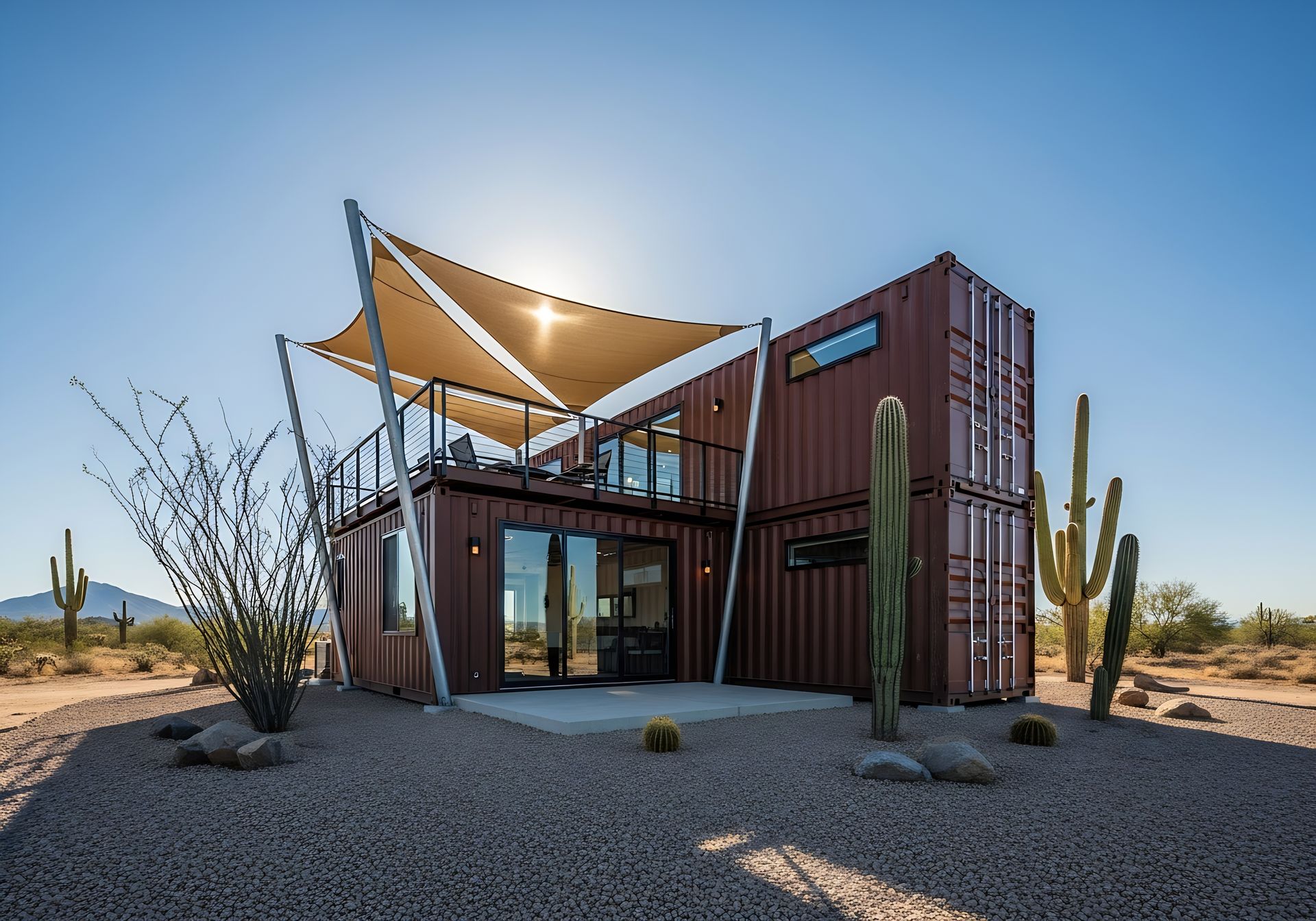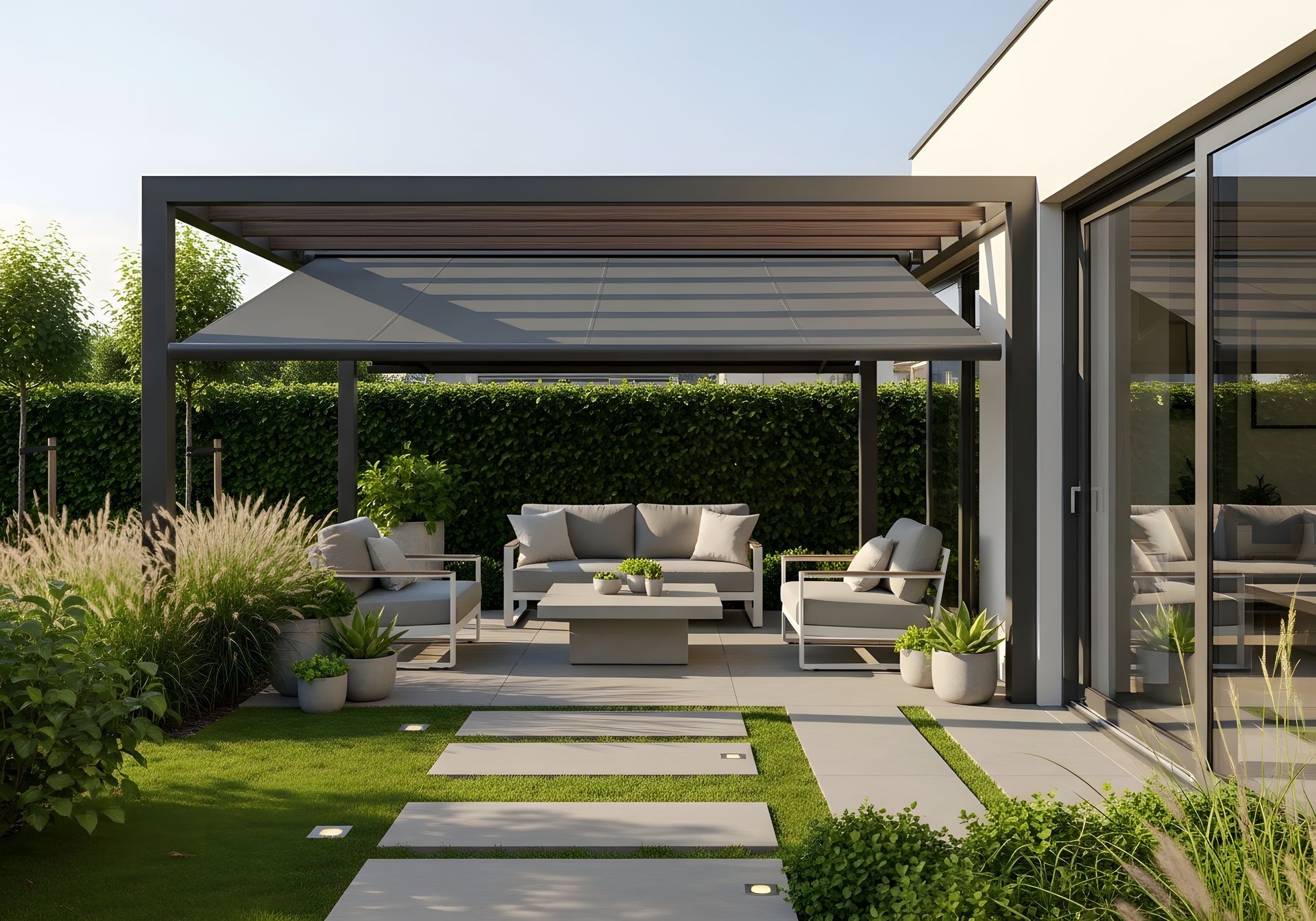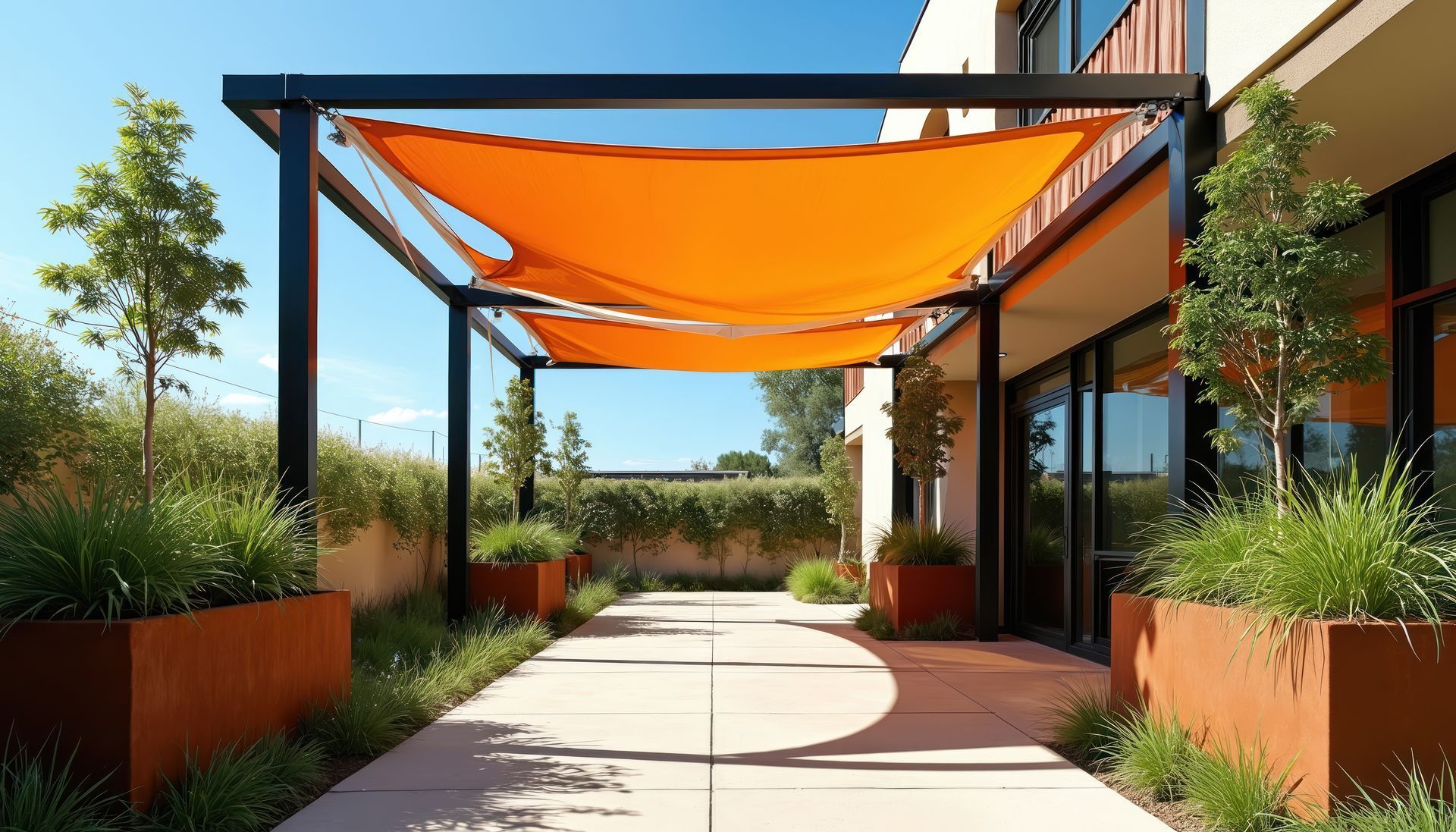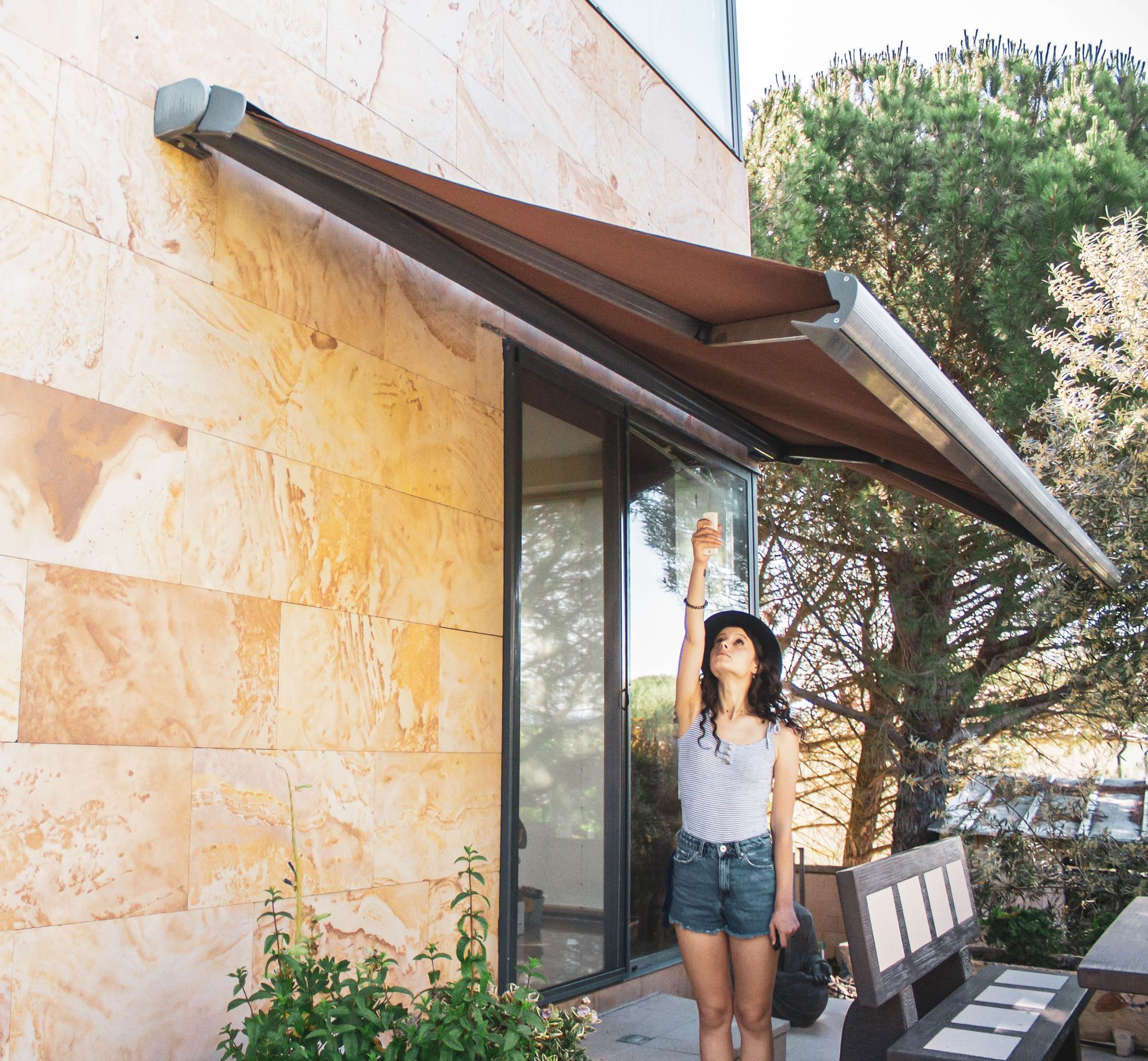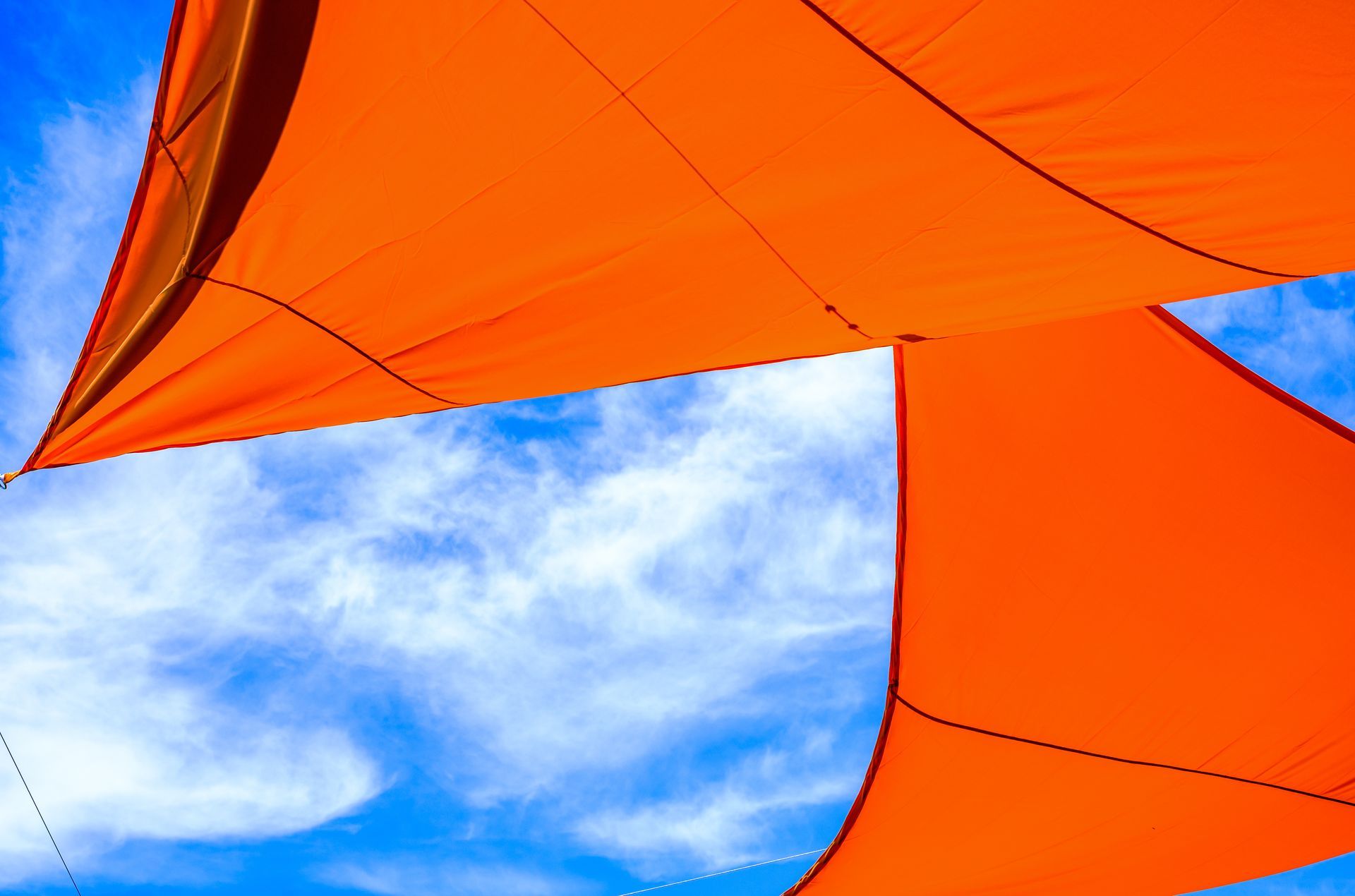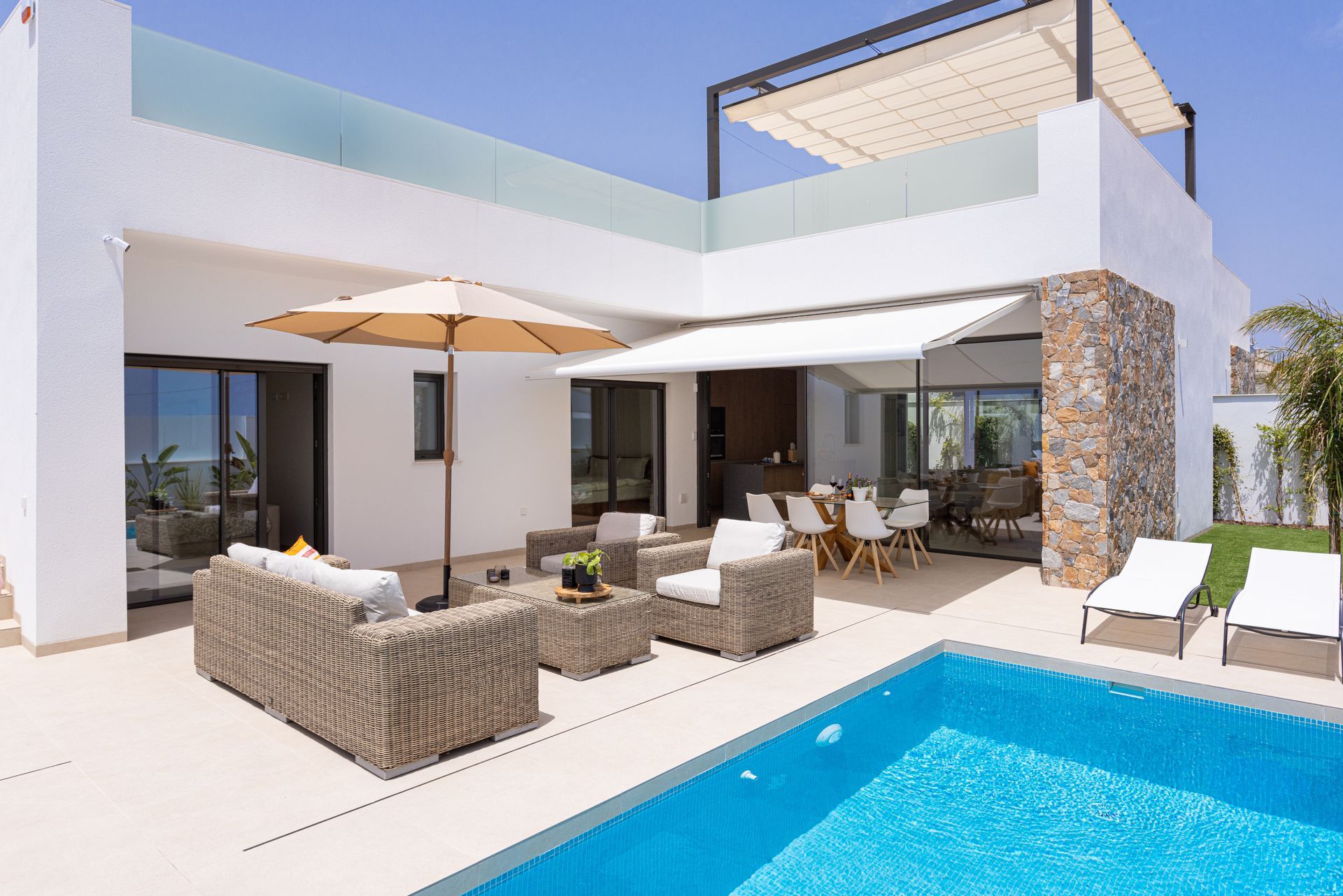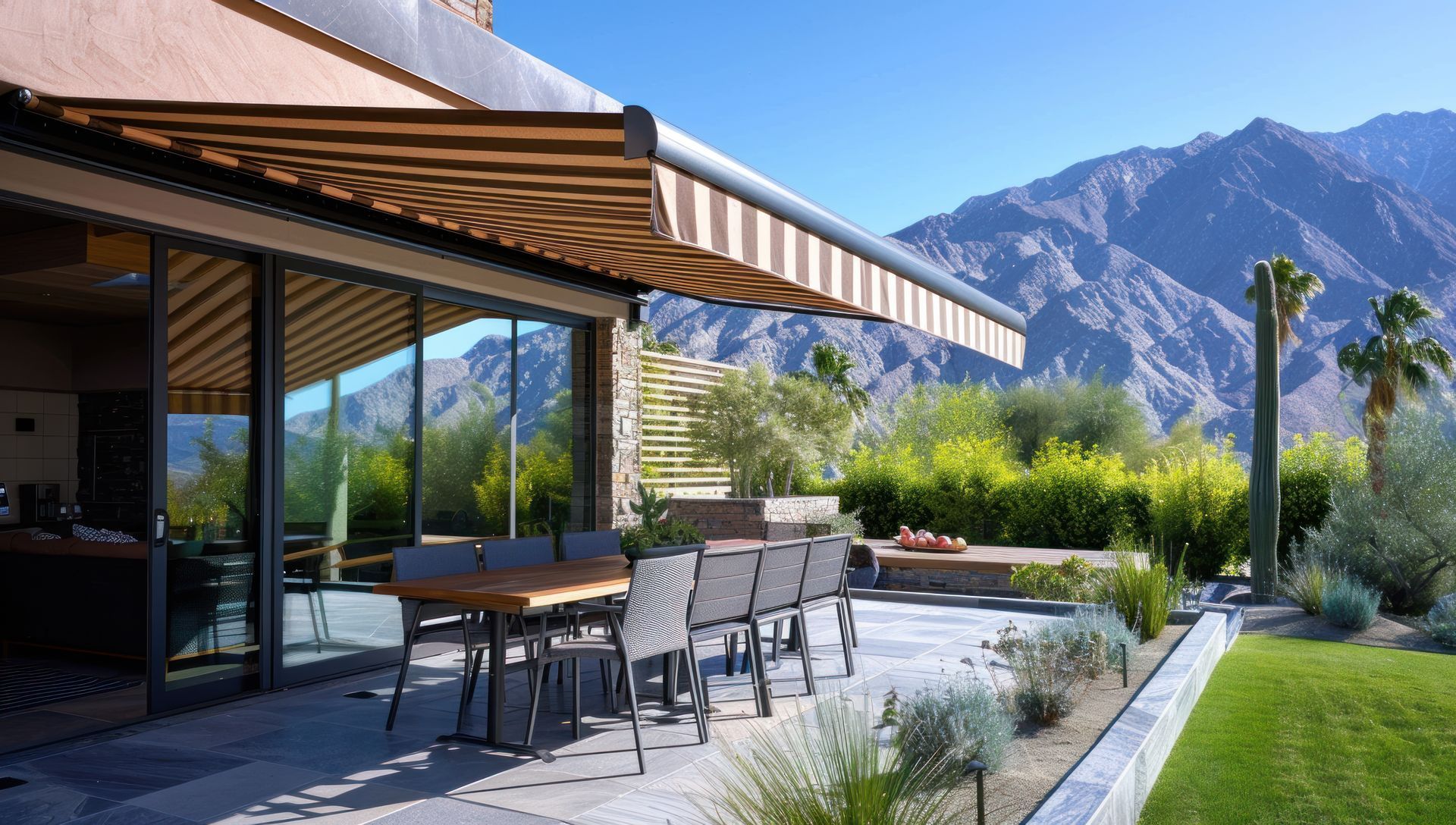Why Fabric Awnings Are the Better Choice in Arizona
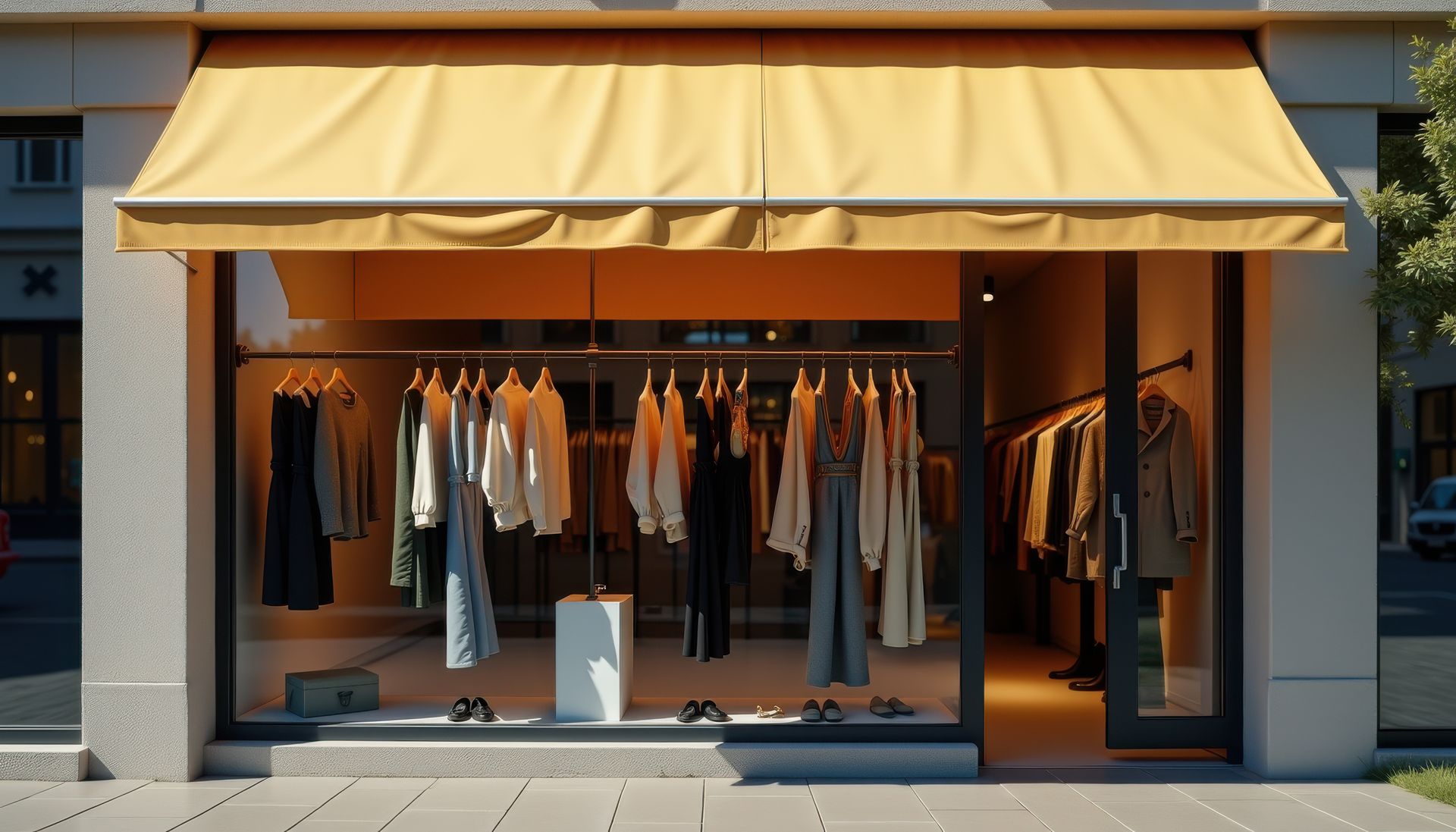
When it comes to beating the Arizona heat, awnings are one of the most effective and affordable ways to add shade and comfort to outdoor spaces. While metal awnings remain a popular low-cost option, fabric awnings are the preferred choice for homeowners and businesses seeking an attractive, longer-lasting and more effective shade solution. They offer better performance, versatility and long-term value in Arizona’s unique climate conditions.
Superior Heat Performance
Arizona summers are intense. When temperatures climb into the triple digits, metal surfaces absorb and radiate heat, making areas beneath metal awnings uncomfortably warm. Metal can become extremely hot to the touch and often reflects heat downward, counteracting the purpose of shade.
Fabric awnings, by contrast, remain much cooler. High-quality outdoor fabrics are engineered to resist heat absorption, helping to lower the temperature underneath the awning and improve overall comfort in shaded spaces. Whether you’re sitting on your patio or welcoming customers to your business, the difference is noticeable.
UV Resistance and Sun Protection
Modern fabric awnings are designed to withstand the harsh Arizona sun. Gone are the days of easily faded canvas; today’s high-performance fabrics include built-in UV resistance that blocks harmful rays and resists fading even after years of exposure.
These fabrics protect more than just their own appearance. They shield outdoor furniture, entryways and indoor spaces from UV damage as well. For property owners concerned about sun damage and long-term exposure, fabric offers both functional and aesthetic protection.
Design Flexibility
Fabric awnings provide significantly more options when it comes to design. They’re available in a wide variety of colors, patterns and styles, making it easy to match your home’s exterior or your brand’s color palette. Custom shapes, curved edges, valances and printed graphics are all possible with fabric.
This design flexibility makes fabric ideal for both residential and commercial applications. Homeowners can select a look that complements their architecture, while businesses can use awnings to reinforce their branding and boost curb appeal.
Wind and Monsoon Resilience
Arizona’s monsoon season brings sudden gusts of wind, dust storms and intense rain. These conditions can be hard on any awning, but fabric performs better than metal in high winds. Metal awnings are rigid, which means they can dent, bend or detach under pressure.
Fabric awnings, by comparison, are more flexible. The fabric can give slightly in strong winds, releasing pressure and reducing the chance of structural damage. When properly installed, fabric awnings are built to withstand harsh conditions and can be easily cleaned after a storm.
Cost and Maintenance
Fabric awnings are generally more cost-effective upfront than the high-end, long-lasting metal options. The frames are lighter, the materials are less expensive and installation is often simpler. If a section of fabric becomes worn or outdated, it can typically be replaced without removing the entire structure.
Maintenance is straightforward. Most fabrics can be cleaned with a mild detergent and water. Some high-end fabrics also feature mildew-resistant and stain-resistant coatings, which help them look new for longer. Replacing or refreshing the fabric is a simple and affordable way to extend the life of your awning without a major overhaul.
Noise Control
Metal awnings are notoriously noisy. They can rattle in the wind and produce loud, echoing noises during rainstorms. For homes or businesses where peace and quiet matter, such as near bedrooms, offices or customer seating areas, this can be a significant drawback.
Fabric awnings absorb sound rather than amplify it. They stay silent during windy days and won’t produce that loud pinging sound when it rains. The result is a quieter, more relaxing environment beneath the awning.
Weight and Structural Compatibility
The lightweight nature of fabric awnings makes them easier to install, especially on stucco exteriors or older buildings. Metal awnings often require additional support or reinforcement to safely attach to a building’s structure.
Fabric awnings, being lighter, put less stress on mounting surfaces. This makes them suitable for a wider variety of buildings and can reduce the need for costly modifications during installation. They are also ideal for structures where load-bearing capacity is limited.
Get High-Quality Fabric Awnings for Your Home or Business in the Greater Phoenix Area
Ready to upgrade your outdoor space with a custom fabric awning? Arizona Awnings offers professional installation, top-quality materials and designs that match your needs and the Phoenix weather. Call Arizona Awnings at 602-252-3430 or schedule your free consultation today here on our website today.

